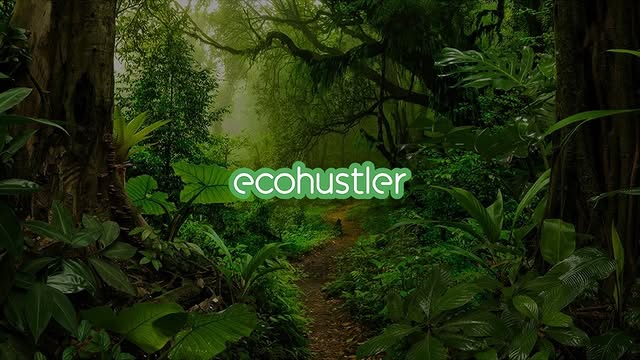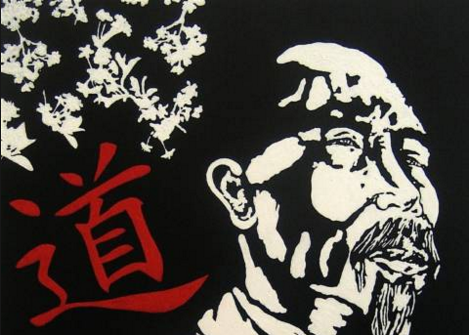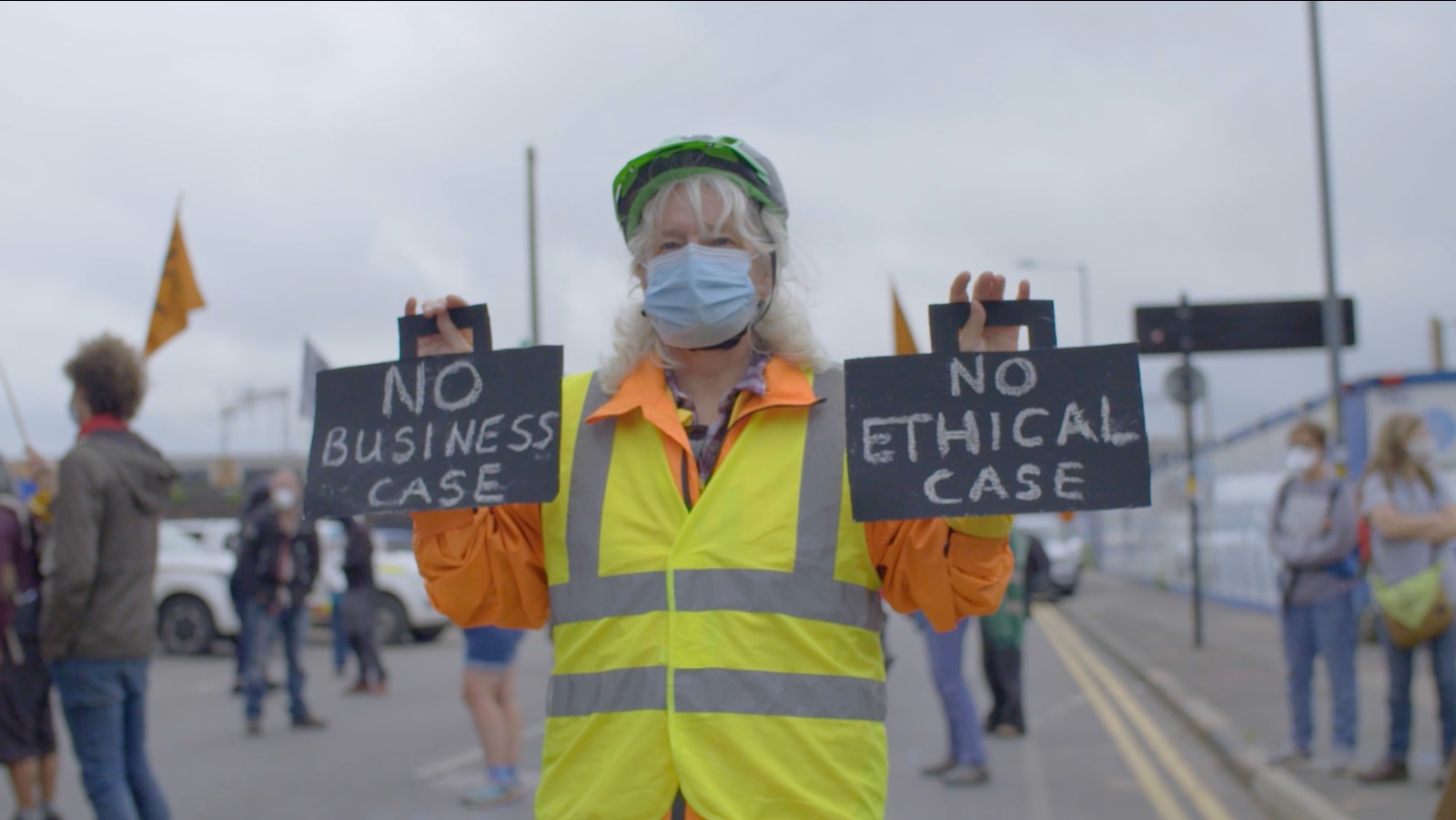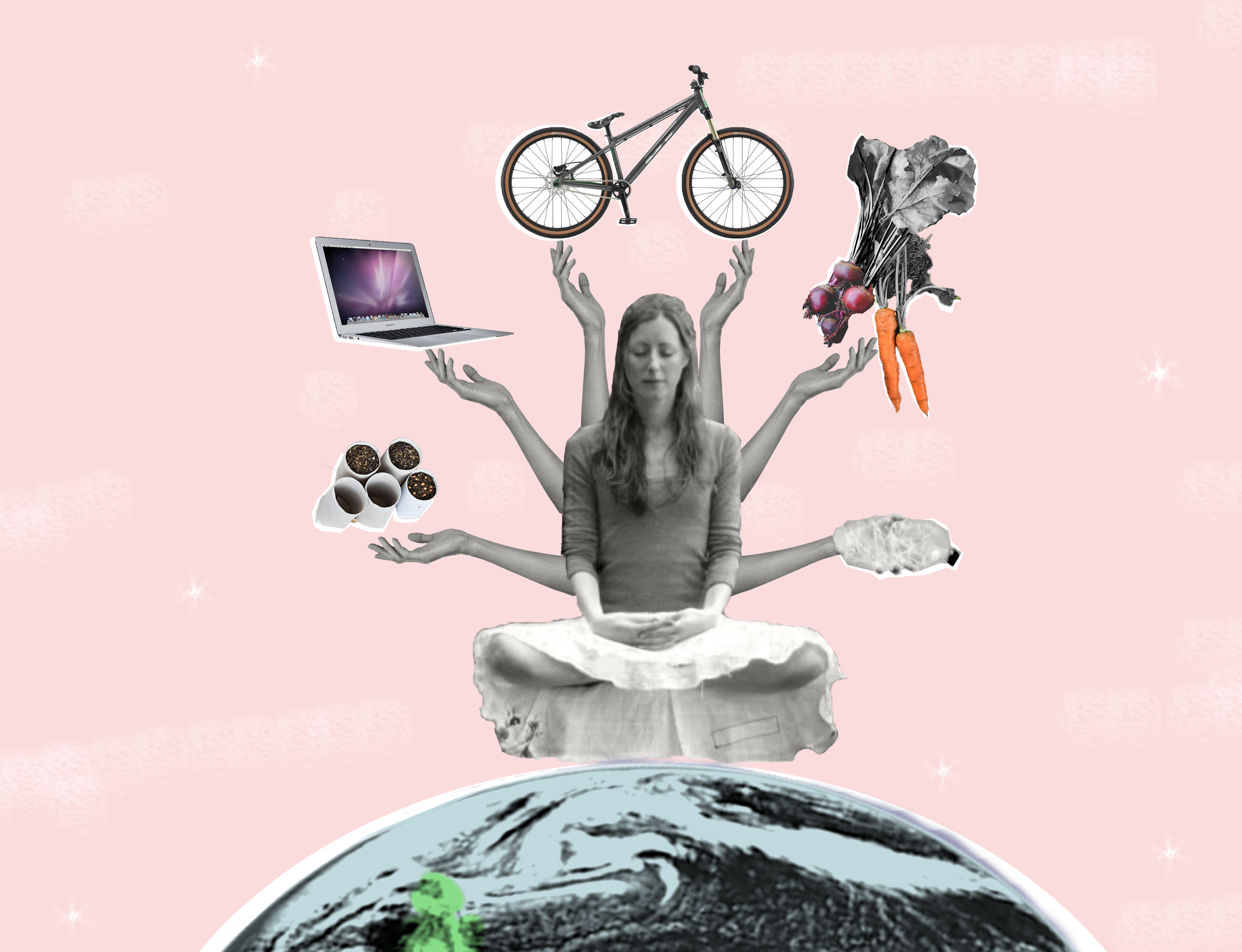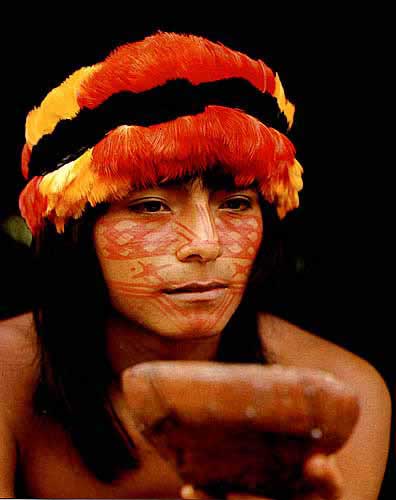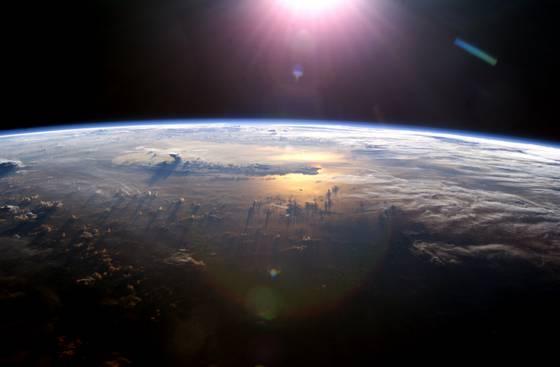
“The world is sacred.
It can't be improved.
If you tamper with it, you'll ruin it.
SUPPORTED BY ECO REBELS LIKE YOU
Support independent eco journalism that drives real change.If you treat it like an object, you'll lose it”.
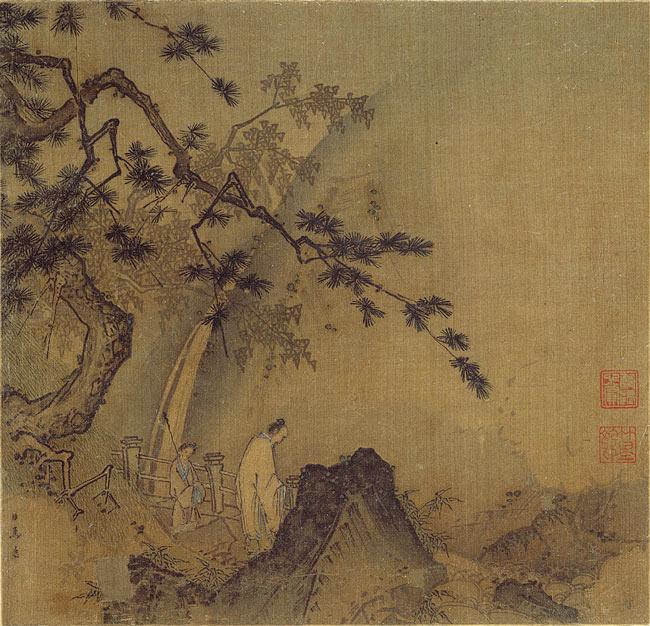The world is sacred – specifically the planet we stand on – it derives from the mysterious unfolding of destiny over a huge span of time, and has evolved against all the odds as a rare life-supporting satellite – and we are wise to respect its sacredness, and so rather than treat it as a thing or object, treat it as a living, evolving organism, a process in motion informed by the same invisible force of nature that makes the grass grow and the blood flow in our bodies. This doesn't mean we have to worship it or be reverent towards it any more than our arms should worship or be reverent to our hands because we are so inextricably linked as expressions of nature – but that we respect it as we might our own mother.
Tampering with it, mining its resources, especially to the extent we are now what with shale gas and so on, in a bid to continually improve quality of life by increasing convenience levels, paradoxically reduces quality of life both in the short term as the further removed we become from the natural environment the more effete, weak and ineffectual we become, the less true energy and vitality we're able to summon in any given moment, and in the long term because at the current rate of tampering we'll not even have a planet to stand on at all before long.
But this doesn't preclude working with the planet – tending to her hairdo and adjusting its décolletage, working with it respectfully in terms of agriculture and so on.
However we don't live in an ideal world – in 1800 there were 1 billion of us. Just over 200 years later we're now nudging 8 billion – when Lao Tsu, the librarian who collated the 81 wee homilies comprising the Tao Te Ching, nearly 3,000 years ago, was bumbling about there were probably no more than 30 million of us worldwide.
Feeding all of 8 billion of us without recourse to industrial style farming, which depends on oil and so on both in production and distribution, while not impossible is almost so in practical terms at least in the short term (during which many would die of hunger).
[caption id="attachment_7177" align="alignright" width="341"]! barefoot-doctor-bridge Barefoot Doc[/caption]
Moreover the Taoists were the progenitors of the yin-yang equation – the notion that everything in the realm of matter is governed by the alternating phases of contraction and expansion, emptiness and fullness, scarcity and plenitude, folly and wisdom. This mature view contrasts dramatically with our relatively uncouth Cartesian notions of either-or – good or bad, ecologically sound or ecologically destructive – and so on.
Of all people the Taoists knew best that it's always a combination of wisdom and folly, productiveness and destructiveness, as we don't live in an ideal world – and this is so for all nature throughout the cosmos, not just human nature and the doings of humankind.
The Taoist wisdom is that if we can at least be maintaining 51% wise behaviour we're winning and any better than that we're winning even better.
This incidentally is what's meant by us not being able to improve the world no matter what – because on account of the yin and yang, the dark that comes with the light, whatever we do to improve it will simultaneously give rise to conditions that will deteriorate it.
So when it comes to working with rather than against nature and specifically nature as we find it here on Earth, it's not that Lao Tsu was suggesting we abandon agriculture, sewage, sanitation, communication systems, industry, transportation, energy systems and everything else comprising contemporary global infrastructure – after all, he would have benefited by and depended on similar support systems such as they were then in his own time.
He was merely pointing out the stark fact that eventually tampering with, and mining the guts of this remarkable organic spaceship will not ultimately improve life and will in fact entirely destroy it.
Hence the less we destroy, the more slowly we destroy it, the more time we'll be granted here, and the more we cooperate and work respectfully with rather than against nature, the more congenial the time we have left to spend here will be.
And that's why EcoHustler and similar enterprises are important – as the more of us who wake up and realize the game is not to destroy everything in order to become the richest most powerful person being flung out into space when it all goes bang, but to cooperate responsibly with nature – with all aspects of it – the rock formations, the plants, the animals, the people, all of it – to dance with it in harmony rather than fight with it in disharmony, the more time we'll have here and the better that time will be.
barefootdoctorglobal.com

